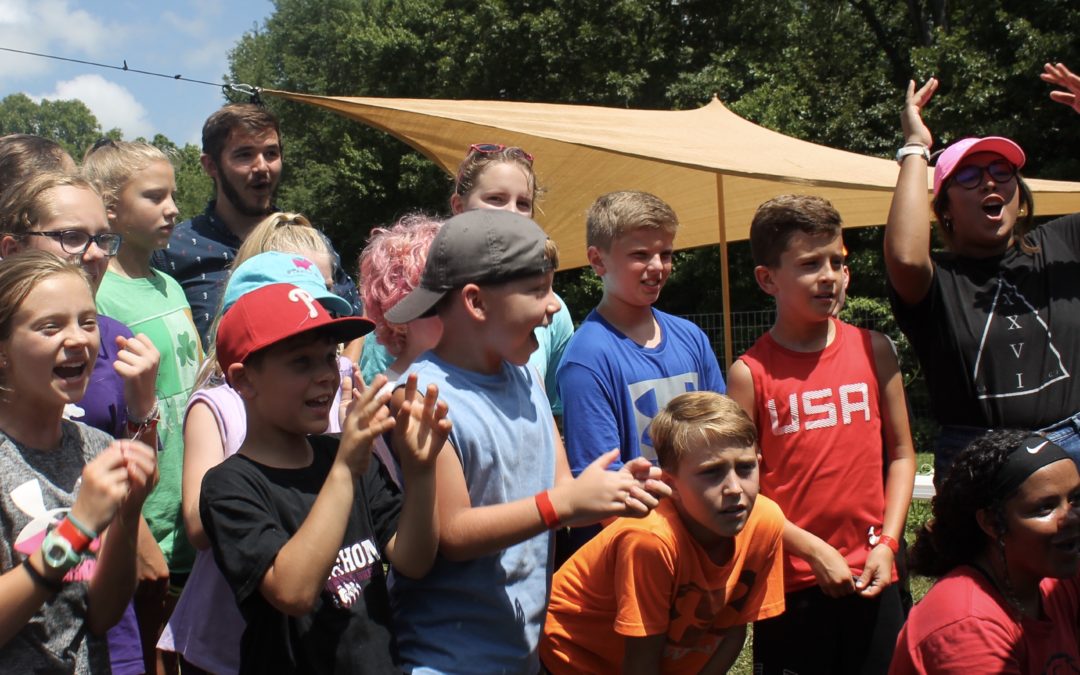As we set out to begin EE programming this summer, a key goal in mind was to provide campers with an educational experience that was guided by their curiosity and desire to explore the possibilities of what could be or what is. We wanted our summer staff to embrace being facilitators that move along with the campers through their experience, helping them investigate their wonder of the garden or other camp spaces. We wanted these facilitators to be open to every question, even if the answers were not easily attainable in the moment. Additionally, we hoped to build opportunities for campers to generate wide ranges of questions that could be explored, tested, or considered without the expectation that the answer is the end goal. We aimed instead for building contextual skills, age appropriate critical thinking, and wonder alongside our campers.
I thoroughly enjoyed watching the campers experience the learning garden. They explored and documented their thoughts and curiosities.They were able to taste fresh cucumbers, tomatoes, peppers, carrots, and several leafy greens. We worked to structure our garden experience to emulate the constructivist model of our learning cycle. We invited them into the space, allowing time for exploration through our garden, and then we gathered and discussed what was observed or thought about. We would then venture into application and reflection, whether that is in this garden or back at the campers’ homes. We allow them to reflect on this experience via writing, drawing, and/or sharing with the leaders or their fellow campers. This model flows in a myriad of circles throughout the time the campers are with the EE program. We used tools like hand lenses to assist in exploration and the practice of “I Notice, I Wonder, It Reminds me of”, to help campers articulate and consider their thoughts. These activities, in my opinion, turned the garden into a living place that exists with us and has an identity that holds many lessons to be learned and enjoyed. These activities brought the garden to life for the campers and allowed many of the campers to see a garden in a new light.
The other core garden activity that we did was Crest Kitchen. This was our cooking competition that the campers got to compete in. This activity yielded incredible teamwork, and I believe it allowed the campers to practice communication, responsibility, goal setting, and safety practices. They were able to explore the learning garden a day or two before and now they were using garden ingredients in these creative, group-designed recipes. The campers were in charge of cutting their own ingredients as well as cooking their own food. It was incredible to see twenty or more campers buzz around our garden cooking and trying to figure out how to balance flavor. I was very proud of their attention to each other while cutting and cooking over camp stoves. The campers throughout the whole summer handled the challenge with excellence, and I believe this activity quickly became a camp favorite.
I was proud of our EE programming and its successes this summer. We set out to offer a unique experience while celebrating what makes camp fun and enjoyable. We allowed campers to explore and be curious with what is around them. I feel that we observed campers become more aware of the garden and our surrounding environment. The EE program is still growing and that can be felt in the best ways. We plan to further and develop our garden experiences as well as deepen programming around our ecojustice trail and nighttime activities like stargazing and night hiking. This summer was incredible and the year ahead looks bright for the Cedar Crest Environmental Education program. I am simply thankful that I have the opportunity to assist in its growth. – Emilio Almendarez


Recent Comments